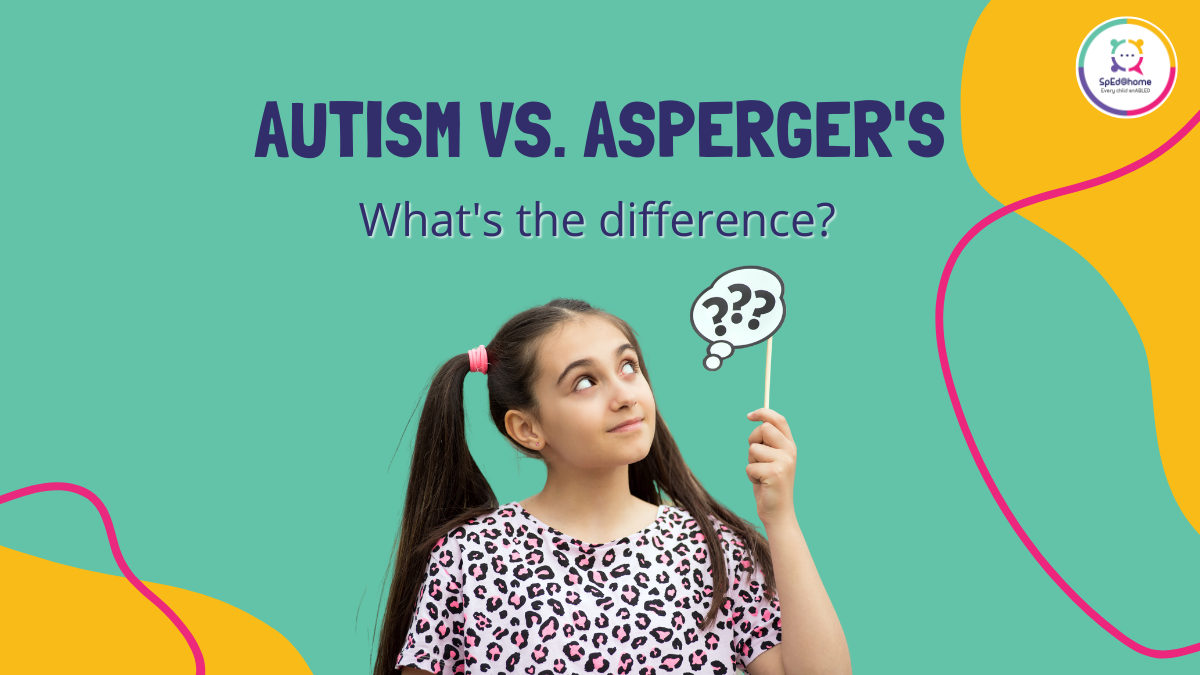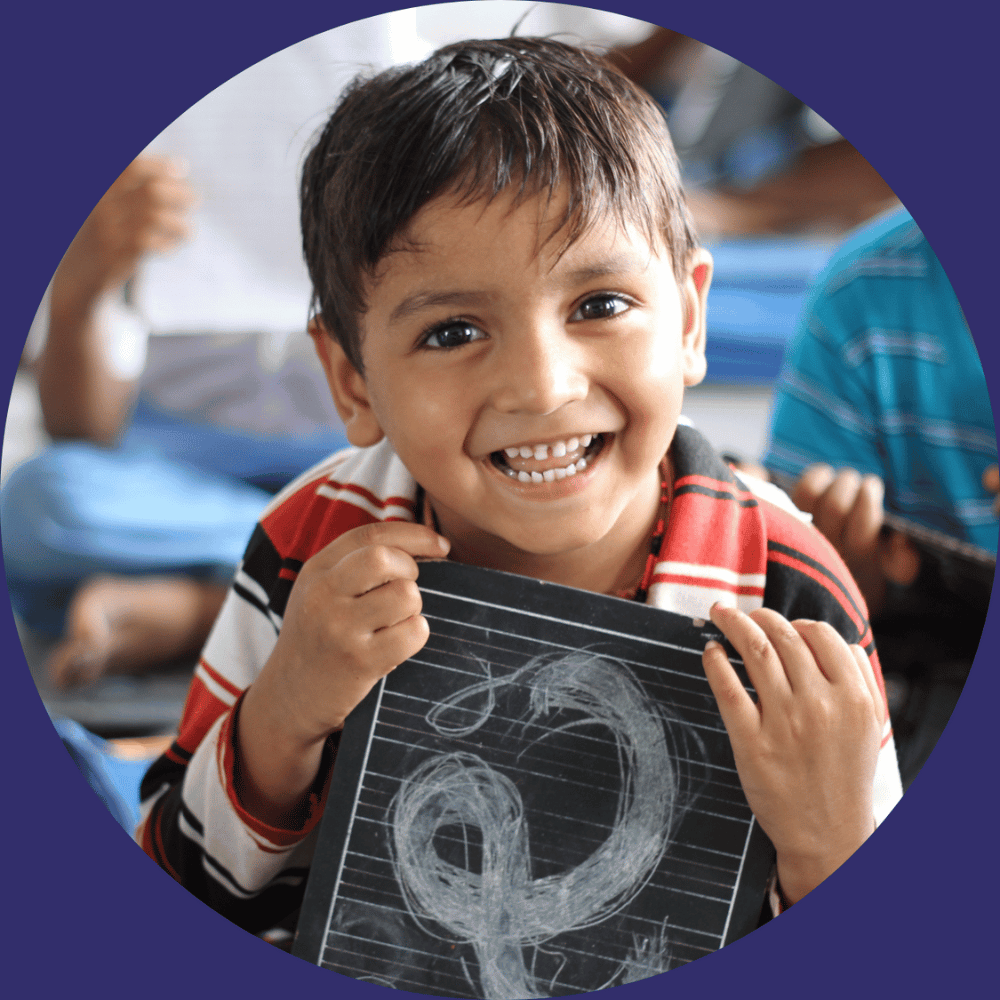The primary difference between Asperger’s and Autism is that children with Asperger’s display less severe symptoms than Autism. It is important to note that Asperger’s is no longer a diagnosis and that it is recognized under the Autism Spectrum. However, to understand both disorders, we will be using the terms Asperger’s and Autism throughout the rest of this article.
What is Asperger’s Syndrome?
Children with Asperger’s Syndrome show signs of difficulties with understanding social cues and functioning in society. They have almost no trouble with learning development and their symptoms are far less severe as compared to children with Autism.
What Are The Signs & Symptoms Of Asperger’s?
Asperger’s symptoms are notably similar to those exhibited by autistic children. These are known to develop in early stages of childhood when one’s brain is still developing. Asperger’s symptoms include but are not limited to the following.
- Difficulties in social interactions.
- Difficulties in understanding body language and other forms of non-verbal communication.
- Restricted interests.
- Unhealthy fixations, obsessive interests.
- A lack of social awareness.
What Is Autism?
On the other hand, autism spectrum disorder, or ASD, is described as a neurodevelopmental disorder that displays mild to severe symptoms including repetitive behaviors, impaired social communication, restricted interests, and rigidity.
While there is no single cause attributed to autism, it is likely to be genetic, prenatal, or due to complications during childbirth and other environmental factors the child faces while growing up. Autism can affect almost anyone and many people are known to not have been diagnosed well into adulthood.
Autism cannot be cured but it can be significantly improved through early detection and aid. Both early diagnosis and treatment are considered crucial factors when it comes to improving autism.
What Are The Signs & Symptoms Of Autism?
The signs and symptoms of autism are based on one’s social communication and result in making it very difficult for them to adjust and relate to their peers.
Symptoms of autism include but are not limited to the following:
- Refuses eye contact.
- Doesn’t respond to their name.
- Doesn’t use non-verbal communication or hand gestures.












